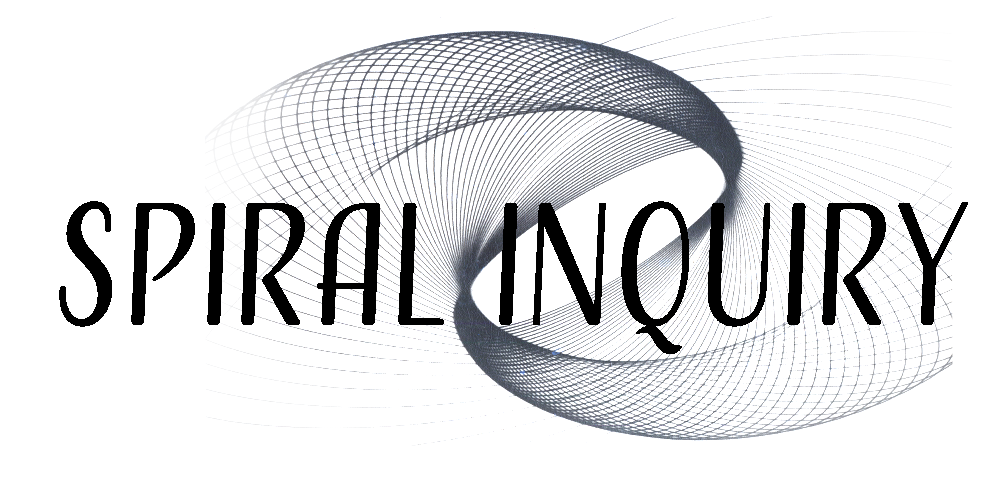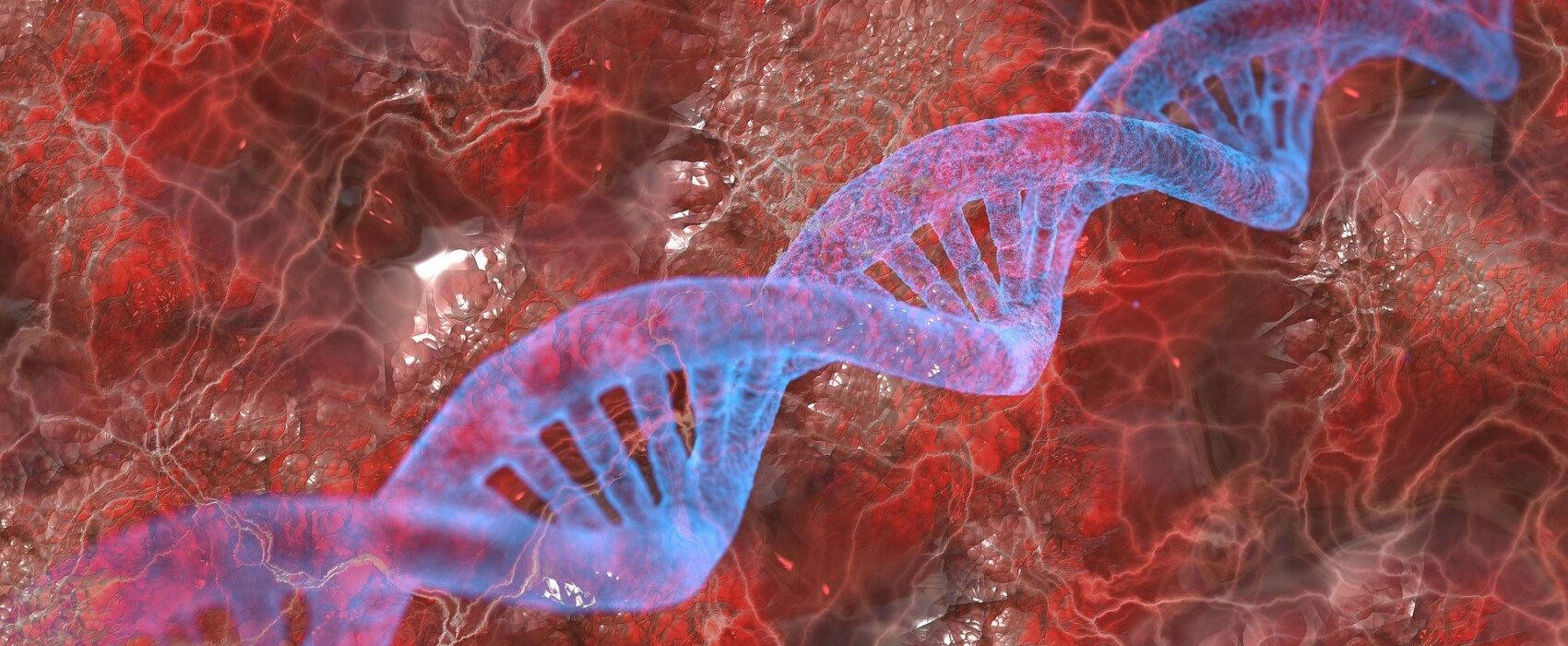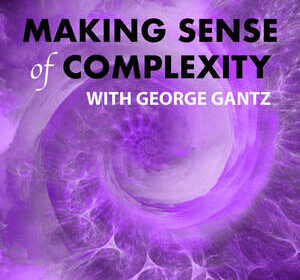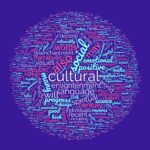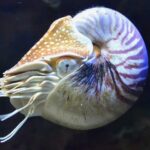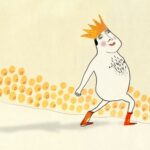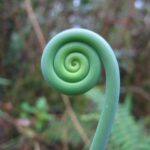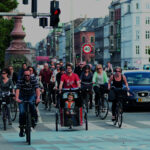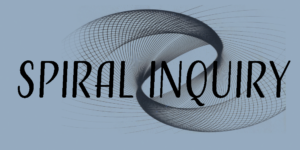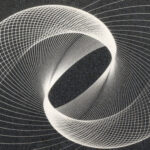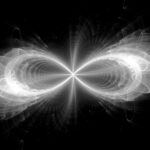On any given day, I inhabit my body for 24 hours and am consciously aware of it for about for about 16. Yet rarely do I think about what it actually consists of. So, I thought it would be an interesting exercise to contemplate some of its remarkable features. Many of you, at least those of you with children or grandchildren, have read some of the stories of the Magic School Bus and the teacher, Ms. Valerie Felicity Frizzle, that drives it into the microworld. Let’s borrow that metaphor and go for a ride on the magic bus that is ME.
The brain drives the bus:
My human brain contains about 3 pounds of tissue. That’s about the same weight as my computer, a MacBook Pro. One interesting note is that my computer uses about 100 watts of power, while my brain uses ten times less – only about 10 watts. My brain has a very impressive information storage capacity, estimated at about a Petabyte (One Million Gigabytes). My computer can store about 500 Gigabytes – that is 10,000 times less. Inside my brain, there are about 85 billion cells – both neuron cells and glial cells. These cells are deeply interconnected, with an estimated 100 trillion (100,000,000,000,000) neural connections. There is certainly a lot we don’t understand about this three pounds of tissue.
The bus being driven:
My body weighs almost 200 pounds and is comprised of some 30 trillion cells. There are some 200 different kinds of cells, and they make up 80 different organs, the largest of which is the skin, followed by the liver. These cells work hard, and they have to be replaced with new cells on a regular basis. About 1% of my cells are replaced every day – that’s 300 million cells a day. Blood cells and gut cells have the fastest turnover – about one week for the gut, and a few days to four months for the different types of blood cells. Sometimes errors are made in transcribing the data into the new cells – which explains why the organs comprising the human bus sometimes get cancer.
Remarkably, every one of my 30 trillion cells carry the same DNA in their nuclei. My 23 pairs of DNA chromosomes have about 20,000 genes that provide the instruction to build a couple hundred thousand different proteins. These chromosomes are contained in the nucleus of every cell in my body. If the chromosomes in a single cell were stretched out, they would be about 2 meters long. Those lengthy molecules are somehow curled up inside the nucleus of a cell – which is some 2 million times smaller than 2 meters. If the DNA from all my cells were stretched end to end, they would reach from here to sun and back again — about 200 times.
Somehow those strands of DNA build the proteins that comprise the cells that make the organs – all of which together create a single organism. There is a lot we don’t understand about all that it takes to make this single organism.
There is OTHER hitching a ride on the bus:
My bus has a lot of other passengers. What we now call the microbiome is riding on the bus. As much as five pounds – 2.5 percent of my own body weight. These are colonies of bacteria, fungi, parasites, and viruses. This is estimated to include some 40 trillion cells – more cells than my own body. There are something like 10,000 different species in the microbiome – a variety 50 times more than the number of my own cell types. Significantly, the total number of genes they carry is estimated at 2 million – 100 times more genes than in my own DNA. These genes can produce an untold variety of proteins beyond what our body produces.
Thankfully, most of the microbiome cells are mutualistic and provide benefits to my own body. Many are merely commensal – we get along without harming each other. A few are parasitic. There is a lot we don’t understand about this 5 pounds of material we carry around on our bus.
The brain, the body and the microbiome can be called a Holobiome. I carry it all with me, all day and every day. From moment to moment, millions of cell divisions, trillions of chemical reactions, an immense, amazing, complex, and sophisticated network of chemistry, biology, genetics, and epigenetics. This is the ME that is the bus. There is a lot we do not know about ME.
How is the bus doing?
When I think about the processes that make the bus go, I must ask:
Are my genes being expressed optimally? They somehow always seek to function normally, but may have been altered by habits, experiences, age, stressors, or chance – including chance mutations, some of which can (thankfully, rarely) cause cancer. Many of us know this from personal experience.
Are my cells and organs working together? – They communicate in numberless chemical pathways, collaborating towards a common goal of my physical homeostasis – the “coming home” of the body function to a stable, healthy, resilient, and yet ever-changing stability.
Is my microbiome in balance? Those critters must be supported by the right nutrients, healthy habits and a beneficial human and natural community that helps replenish and stabilize its innumerable colonies.
Is my brain functioning properly? The body is supplying it with nutrients, protection, and support. The external environment is appropriately but not excessively stimulating. The internal state is one of equanimity, resilient to changing mental and physical states, and optimal for gathering and processing an immense amount of information and responding wisely to those inputs.
How do I feel? Do I appreciate the immensely complex, largely self-tuning and self-repairing apparatus that is devoted to the sole purpose of sustaining ME and helping ME thrive?
Finally, am I courteous, empathic, and responsive to the other buses with whom I share the road? Are WE able to enjoy each other and the journey together?
A Conclusion
The ME that is driving the bus
makes choices to care for and nourish
the ME that is the bus,
the WE that is on the bus, and
the other MEs with buses of their own.
These are the people I love,
the communities we form together
and the world that sustains us.
Without these, there is no point to ME.
